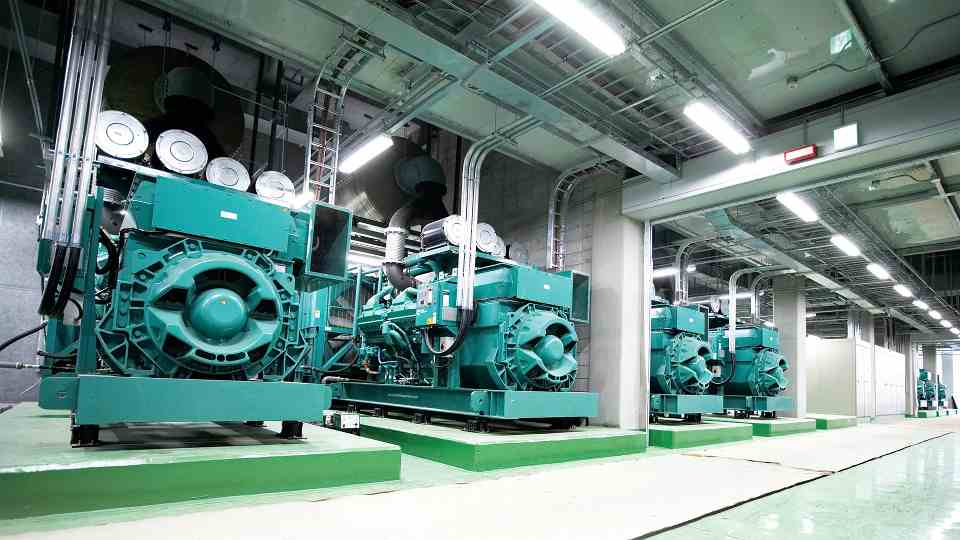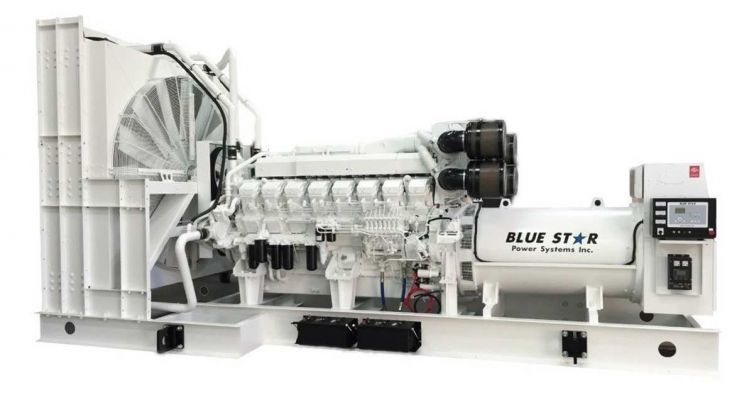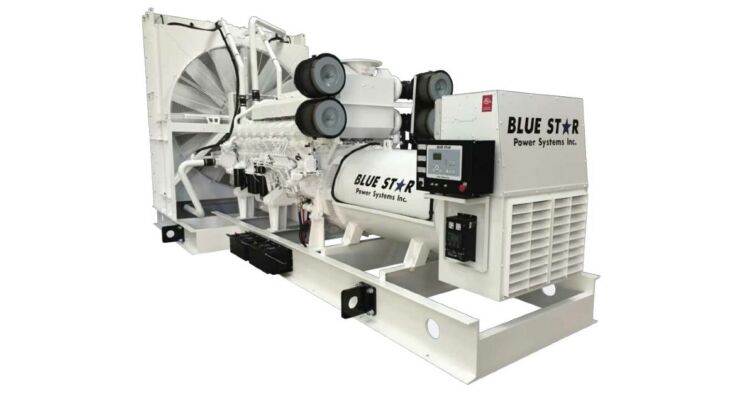For an industrial production plant to meet its objectives efficiently, it must ensure the smooth and continuous operation of its resources and infrastructure. Along with machine operators and the necessary supplies, companies need functional tools and equipment that works on an continuous basis. The cost of shutting down an industrial plant is very high, as they usually have high fixed costs that can only be justified with continuous operation.
The core of all industrial work remains and will continue to be electricity. Without an optimal energy supply, it is virtually impossible for an industrial factory to function. It is therefore vital to have devices that help ensure a continuous and properly regulated supply of electricity. This is where the industrial generator is important as it guarantees the continuous flow of energy. The purpose of the industrial generator is to supply electrical energy to companies, businesses or large industries to avoid a drop in business productivity due to the absence of electricity supply, and a resulting loss of profits.
An industrial generator also has applications in cases where having a reliable and robust generator is vital, including in the health sector, where the absence of electrical power could cause loss of life.
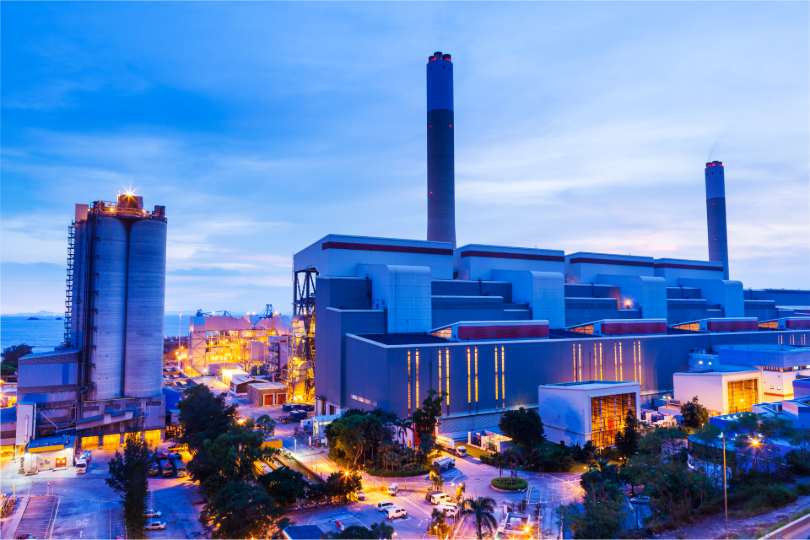
What characteristics make a generator qualify as an industrial generator?
Despite being of an industrial nature, an industrial generator does not differ in its basic operation from a generator for domestic use. The generator produces electrical energy from its mechanical operation. It works using a specific fuel source such as gasoline, gas or diesel (with higher performance but more pollutants), which is transformed by the device into electrical energy. However, the big difference between a domestic generator and an industrial generator is the power that it is capable of producing, since its energy conversion capacity is much greater.
Due to the increased magnitude of energy required in the industrial field, industrial generators are large structures. Although there is no definitive rule per se, most people would say that for a generator to be considered “industrial” it should be capable of producing more than 150Kw – 2 megawatts of power. The truth is that to answer the question “What is an industrial generator?”, depends on who you ask. There are small generators, starting at 8Kw that are considered industrial and are designed to serve small industry, so although industrial generators tend to have more power than domestic generators, we believe that it is also important to consider the design premises of a product to consider it “Industrial”.
Do you need more power and more performance for the demanding needs of your company or institution? If so, purchasing an industrial generator is the right decision!

Recommendations for the correct use of an industrial generator
Here are some useful recommendations for the correct use of an industrial generator:
- Before purchasing an industrial generator, seek professional advice if you have doubts about which equipment to buy, or about correct installation and operation.
- The place where the equipment is installed needs to be kept in optimal cleanliness, this will allow the detection of any anomaly in the operation and installation of the equipment.
- Ventilation is very important. The equipment must be installed in a place with ventilation, because they emit gases continuously that, when concentrated in closed places, can become dangerous.
- Store the fuel you are going to use in a safe place, complying with all safety standards for its storage. Likewise, the fuel supply lines to the generator must be checked periodically in order to avoid leaks.
- We always recommend that an industrial generator not work at 100% of its capacity. It is recommended that the load be at least 70% or 80% so as not to wear out the fuel lines and equipment.
- Do not approach or touch the equipment while it is working.
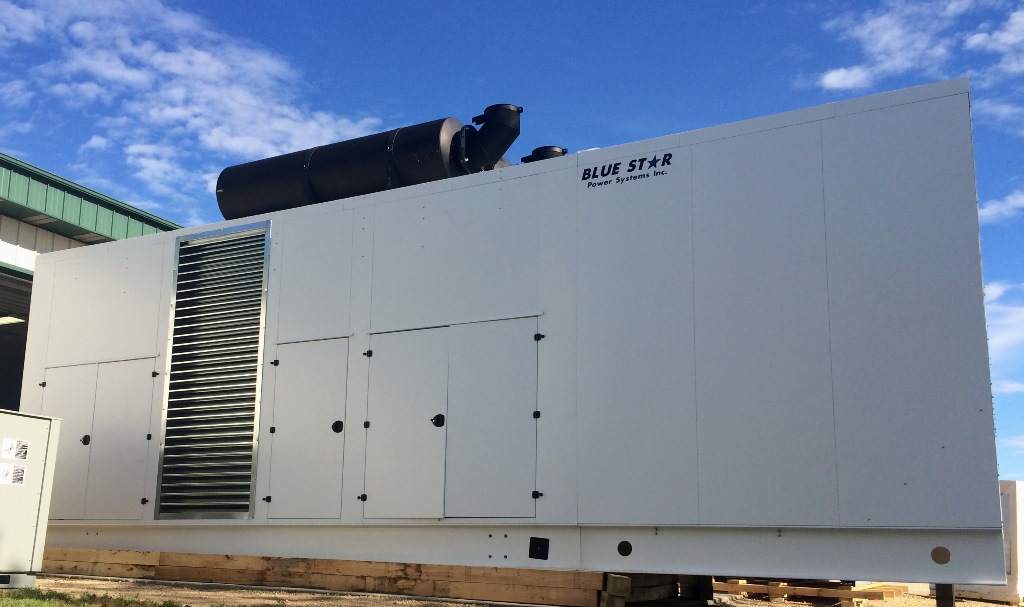
Industrial generators are really useful and reliable machines, but it is clear that not everyone understands their operation and particular characteristics. This information is very important if you are considering purchasing one for your company.
Thank you!
We will contact you soon.
How an industrial generator is assembled
Below we share an interesting video produced in the factory of one of the brands of industrial generators that we represent at Brags & Hayes, Kohler SDMO. It explains in detail how an industrial generator is assembled and its main manufacturing premises.
Choosing the right industrial generator for your application requires a lot of thought. If you need professional advice on these types of supplies, please contact us and our expert customer service engineers at Brags & Hayes can help you choose the right spec generator for you.
SKU: MD1000-01_OPU_12
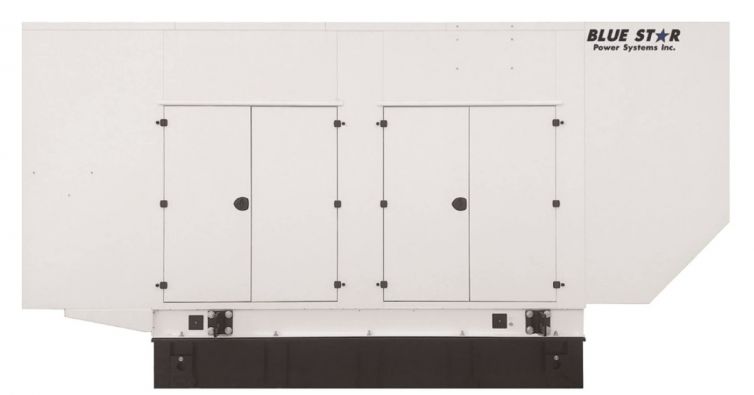
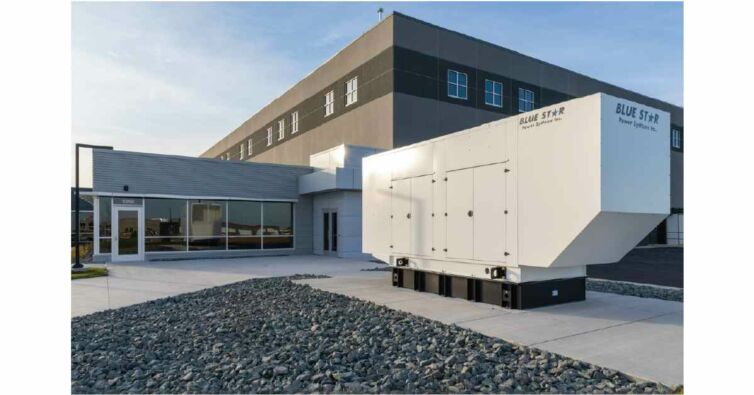
SKU: MD1000-01_L3_12
SKU: MD1000-01_OPU_24


